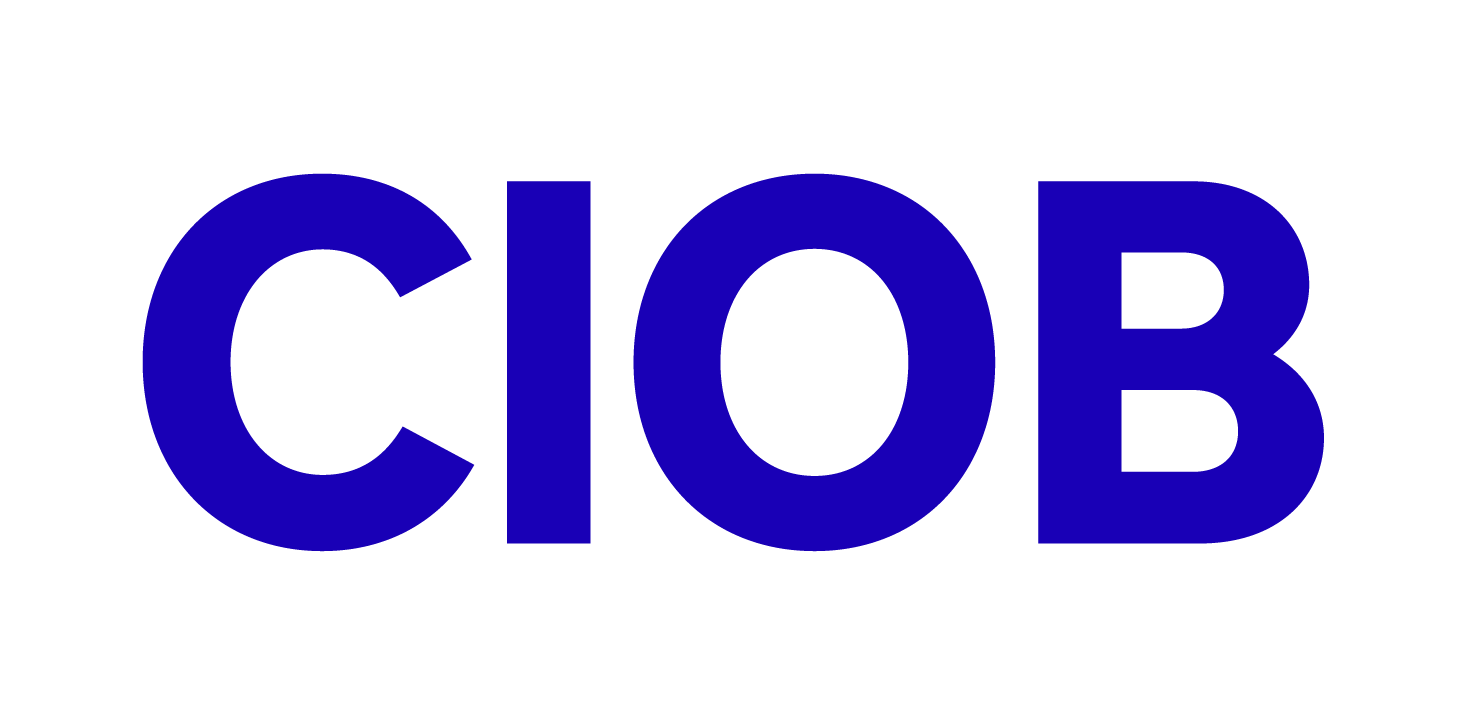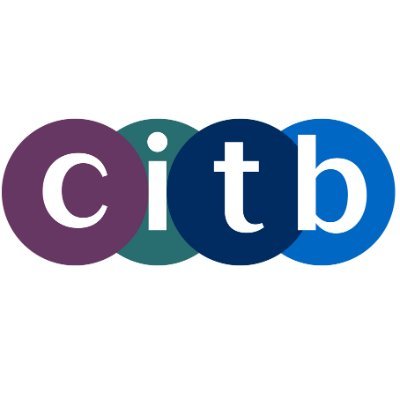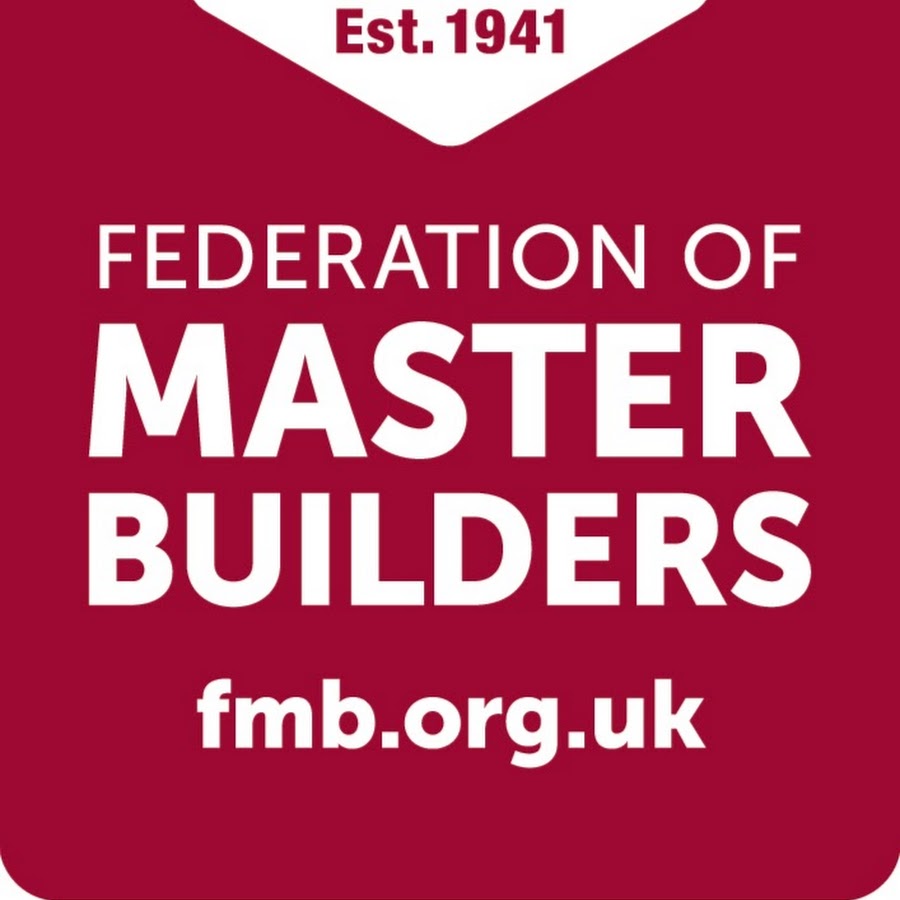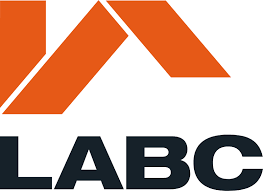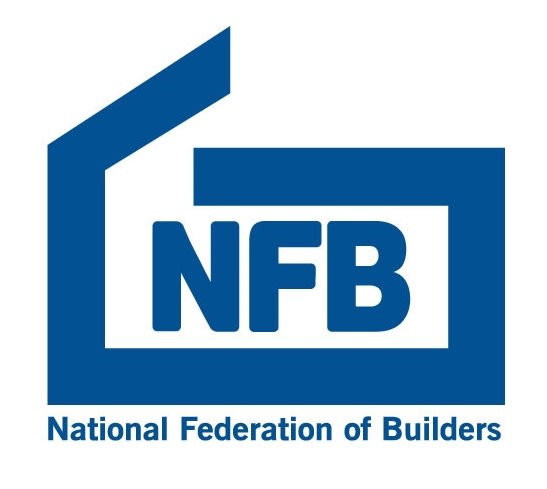The road to net zero is not an easy one, but social housing group, Sanctuary, is putting it at the forefront of its agenda.
Listen to the second episode in the ‘How We Live… Sustainably’ podcast series, where their head of affordable housing, Jacqueline Knox, is joined by Donna Williams, Group Director – Sustainability and Climate Change at social housing group – Sanctuary.
Head to their website HERE to tune in to the latest episode where they discuss the Greener Future Partnership that Sanctuary is now a part of, the benefits the company and its customers are seeing from its approach to sustainability and a discussion about the operational practices Sanctuary is already working on, the organisation’s plans for the next 10 years and what social sustainability means to the business.
The social housing group currently invests around £1.4 million a year towards various sustainability projects that support the broader connection and resilience of its communities.
PBAs: THE ROUTE TO GENUINE COLLABORATION
Project bank accounts have been with us for well over 20 years. Almost 12 years ago their use was mandated by the government for all departments, agencies and non-departmental public bodies (quangos).They were not required to be used if there were “compelling reasons” not to use them. One of the main reasons for not using them is that the project is of short duration. This policy was repeated in the Construction Playbook published by the Cabinet Office in December 2020.
All the devolved jurisdictions are now using PBAs for projects over £2m ( although they can be used below this threshold).From July legislation in the Australian state of Queensland will require the use of PBAs for all construction projects ( in both public and private sectors) above £640k.
The reason for highlighting PBAs is that they are an essential element within any framework for collaborative working. If it is claimed that a project was a truly collaborative one, my first question is: are you using a PBA and, if not, why not. A PBA is used for all project payments and, if retentions are used (which are anti-collaborative) they can be protected within the trust status attached to the account. All project participants are paid simultaneously out of the same “pot”.
Ensuring speedier and timely payments help create the trust amongst all project participants which is the bedrock of true collaboration.
Over the years countless SME supply chain firms have “sung the praises” of PBAs which have enabled them to be paid well within 20 days. National Highways(NH) have been using PBAs for many years and can attest to the changes in culture and behaviours brought about by PBAs. Every project participant, including consultants, on highways works is paid directly from the PBA. By 2025 NH will have paid for £20 billion worth of works through PBAs. All subcontractors are paid within 19 days of the main contract assessment date. NH has also documented significant cost savings through using PBAs.
The industry is now having to face numerous challenges including a rapidly rising cost base, decarbonisation of its product and an impending building safety regime. PBAs are no longer an afterthought. They are now an essential part of a collaborative culture needed to effectively address these challenges.
Professor Rudi Klein is a member of the CEM Board
Previously, Martyn Jones has called for a new compact between construction clients and their suppliers. This month he argues that Integrative Negotiation – with the key elements of Emotional Intelligence and Co-creation – present a way to shape the new compact. He also sets out what he sees as the main skills and attributes needed to make it work,
In an Integrative Negotiation, often referred to as “win-win”, everyone benefits from the agreement. There is usually more than one issue to be negotiated so there are opportunities for each party to create value and for trade-offs too so that a mutually beneficial agreement can be reached.
Negotiation, a well-established form of procurement amongst private sector clients, is where the client and a preferred contractor enter a contract through direct negotiation. As we saw in the recently published Rider Levett Bucknall (RLB) survey of procurement, around 20% of the projects sampled were procured in this way. However, its use in the public sector is currently problematic because of its procurement constraints – barriers that will need to be removed if the sector is to share the benefits of negotiation.
Negotiation is ideal where the work is of a unique nature and the client is confident that there is only one contractor suitable to undertake the work, or where the client has a strong preference to use a particular contractor who has performed well in previous projects. Here, I argue that “Integrative Negotiation”, is key to fashioning a new compact between client and their advisers and main contractors.
And not just between client and main contractor but along the supply chain too, between main and specialist contractors and manufacturers (what we might dub a “win-win-win-win-win”). The alternative form of negotiation, “Distributive Bargaining”, where both sides try to gain control of a limited amount of resource is considered a “win-lose” negotiation where one side’s gain equals the other side’s loss and is seen as inappropriate in forging our new compact in shifting to a race to the top rather than the bottom.
What skills and attributes do negotiators need for an Integrative Negotiation approach? What are the keys to unlocking mutually beneficial outcomes? Alongside the obvious technical knowledge and “hard” skills, soft skills are very much needed too, including Emotional Intelligence, listening, persuasion, planning and co-creating. Understanding and deploying these skills and attributes are the first steps to becoming an effective negotiator.
But bear in mind, as in all situations, the specific skills needed will be shaped by the product or service being procured, the operating environment, the intended outcomes, and the culture of the people and organisations involved.
For me, there are two attributes and skills at the core of what I’m proposing: Emotional Intelligence and Co-creation.
Emotional intelligence (EI) because it combines personal competence (self-awareness, self-regulation and motivation) with social competence (empathy and social skills). It provides a means to manage emotions, empathise with the feelings of other parties and raise everyone’s consciousness of the emotional dynamics at play.
And, given that we are looking to establish a new compact, negotiations also need to include innovation. This is where co-creation comes into play, a form of collaborative innovation where ideas are shared and improved together, rather than retained by each party. It provides a shift in thinking from the single organisation as a definer of value to a more participative process where people and organizations together generate and develop meaning and value.
But there are other attributes we need to include too. The ability to build rapport helps establish and sustain relationships where both sides feel comfortable, appreciated and understood.
Listening skills are critical in order to truly understand the people involved, their needs, aspirations and ambitions, and the specificities of the situation.
Integrity or having strong ethical and moral principles are important as being thoughtful, respectful and honest builds trust.
Persuasion, the ability to influence others, can help explain why a party’s proposed ideas and solutions are beneficial to all parties and encourage others to support their point of view. In addition to being persuasive, negotiators should be, where necessary, assertive too to get their views across whilst respecting the perspectives of others.
Patience, doesn’t always fit comfortably in construction’s often gung-ho approach to projects but some negotiations can take a long time to complete, occasionally involving renegotiation and counteroffers. Rather than seeking a quick conclusion, negotiators often practice patience to properly assess the situation and reach the best mutually beneficial conclusions.
Negotiation requires planning, research and strategizing to help parties to determine what they really need and want.
Managing expectations. Just as negotiators should enter a negotiation with a clear goal, the other party will also likely have their own defined expectations. If one party might not be able to agree to each other’s terms, they should try adjusting their expectations and maintaining a balance between being a firm and collaborative negotiator.
We must always bear in mind that construction is project based with a wide diversity of organisations and products so adaptability is an important skill for a successful negotiation as each negotiation is unique, and even the situation within a singular negotiation may change from one day to the next.
However difficult negotiation might be given the specificities of construction, remember the words of Nelson Mandela: “No problem is so deep that it cannot be overcome, given the will of all parties, through discussion and negotiation rather than force and violence.”
The top 100 Influential Women in Construction aimed at showcasing women in the sector to make these role models more accessible
We are proud to announce that CE Midlands CEO, Andrew Carpenter will be a judge at the awards this year
This year marks the start of real change for the Industry, aimed at showcasing women in the sector in order to make female and non-binary role models more visible and accessible.
These nominations help to shine a light on those that are working to support Equality, Diversity, Inclusion and Equity across the Industry through their actions and support of others.
The list and winners will be announced during an exclusive event, on 27 October 2022 in Manchester
Book tickets HERE




